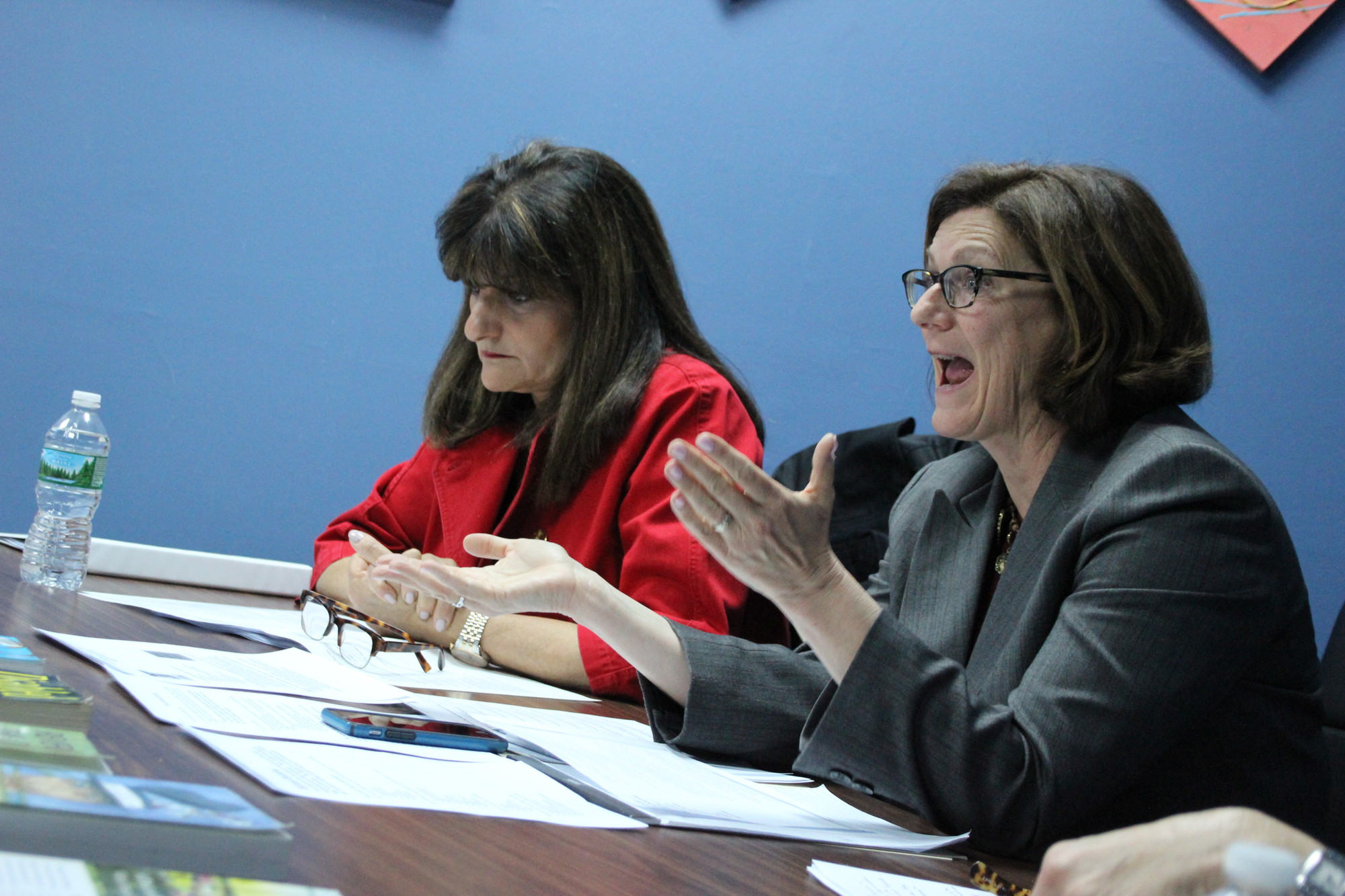Special education parents: know your rights
A four-person panel met at Assemblywoman Michaelle Solages’s office on April 30 to discuss the Individuals with Disabilities Education Act (IDEA) and provide parents with information about their legal rights with respect to special education services.
“Really this is the key to disseminate information to communities and empower people to really advocate for their kids,” said Assemblywoman Solages. “I can’t tell you how many times people call my office and say that the school district is not providing services.”
Much of the panel focused on examples of how school districts might be under-providing the required services for students with disabilities, and how parents can arm themselves with information to ensure that this doesn’t happen. Portia Ingram, a disability advocate, began by distributing a list of commonly used terms to attendees, though about 100 people tuned in via a live stream on Solages’s Facebook page.
Members of the panel spoke about parent relations with the Committee on Special Education — a team of experts appointed by the Board of Education in a school district that is tasked with identifying students ages 5 to 21 in need of services, developing an Individualized Education Plan (IEP) for the students and providing the least restrictive environment in which they can succeed. The team meets at least annually to review a child's IEP and adjust the plan accordingly.
“A parent is an equal member of the Committee on Special Education,” said Eilleen Buckley, an education attorney at Long Island Advocacy Center in Central Islip. “You have as much right [to be there] as anybody else at that table.”
Buckley said the impetus for the IDEA, which is a law that requires specialized services are provided to children with disabilities throughout the nation, is “written to be very pro-parent,” but can’t be used in their favor if they’re unaware that their rights are being infringed upon. “It’s very easy for the schools to overlook your rights and for you not to know that that’s not OK,” Buckley said.

 51.0°,
Fog/Mist
51.0°,
Fog/Mist 




